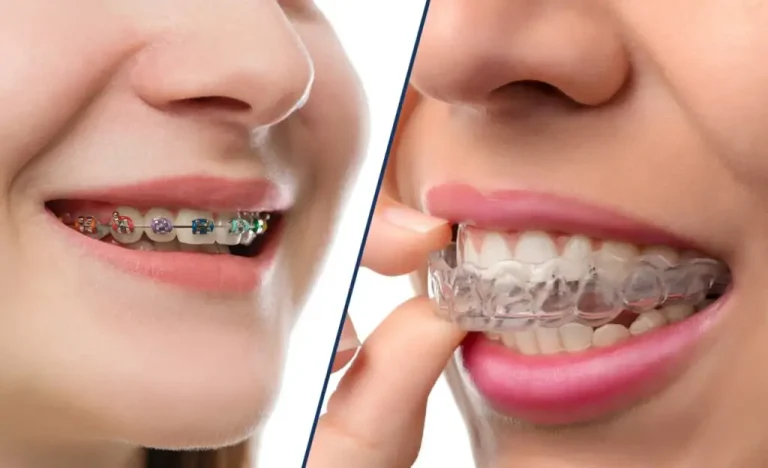
In Florida, dealing with medical bills after a car accident can be a complex process. Florida’s unique insurance laws influence who is responsible for paying your medical expenses. Car Accident Lawyer is here to explain the key aspects of who pays medical bills following a car accident in Florida.
1. Personal Injury Protection (PIP) Insurance
Florida is a no-fault state, meaning that your own insurance company typically covers your medical expenses, regardless of who caused the accident. This is done through Personal Injury Protection (PIP) insurance, which is mandatory for all Florida drivers.
PIP insurance covers:
- Medical expenses, including hospital visits, doctor’s appointments, surgeries, and rehabilitation.
- A portion of lost wages if you are unable to work due to injuries.
- Other accident-related expenses, such as transportation costs for medical treatments.
In Florida, PIP insurance covers up to $10,000 in medical expenses, but it’s important to note that there are limitations, especially if you don’t seek medical treatment promptly. If you fail to seek medical care within 14 days, your PIP coverage may be reduced.
2. Health Insurance
If your PIP insurance doesn’t fully cover your medical bills, your health insurance may step in to cover the remaining costs. Health insurance typically covers a broad range of medical expenses, but the terms of your coverage will depend on your plan.
If you don’t have health insurance or if it’s insufficient, Car Accident Lawyer can help you explore other legal options to ensure you get the medical treatment you need.
3. At-Fault Driver’s Insurance
If the accident was caused by another driver’s negligence, and you have exhausted your PIP coverage, you may be able to pursue compensation from the at-fault driver’s insurance company. However, Florida’s no-fault system limits your ability to directly sue the at-fault party unless you suffer serious injuries.
Serious injuries are defined by Florida law as those that result in permanent disfigurement, significant permanent injury, or death. If your injuries meet these criteria, you may be able to file a personal injury lawsuit and seek additional compensation.
4. Medicare or Medicaid
If you are covered by Medicare or Medicaid, these programs may cover some of your medical expenses, but the terms of coverage can vary. Both Medicare and Medicaid will seek reimbursement for the costs they pay from any settlement or award you receive in a personal injury claim.
Conclusion
In Florida, your Personal Injury Protection (PIP) insurance will likely cover your medical bills after a car accident. However, if your expenses exceed PIP coverage, your health insurance, or the at-fault driver’s insurance may cover the remaining costs. If you’re unsure of how to handle your medical bills or need assistance, Car Accident Lawyer is here to help. Contact us at 844-970-4370 for a free consultation to discuss your case.
This post was written by a professional at Car Accident Lawyer. Have you been involved in an accident? Secure the expert legal representation you need with a trusted car accident attorney Lakewood Ranch FL. Our dedicated attorneys will take the time to review your case in detail and create personalized strategies to meet your unique circumstances.





